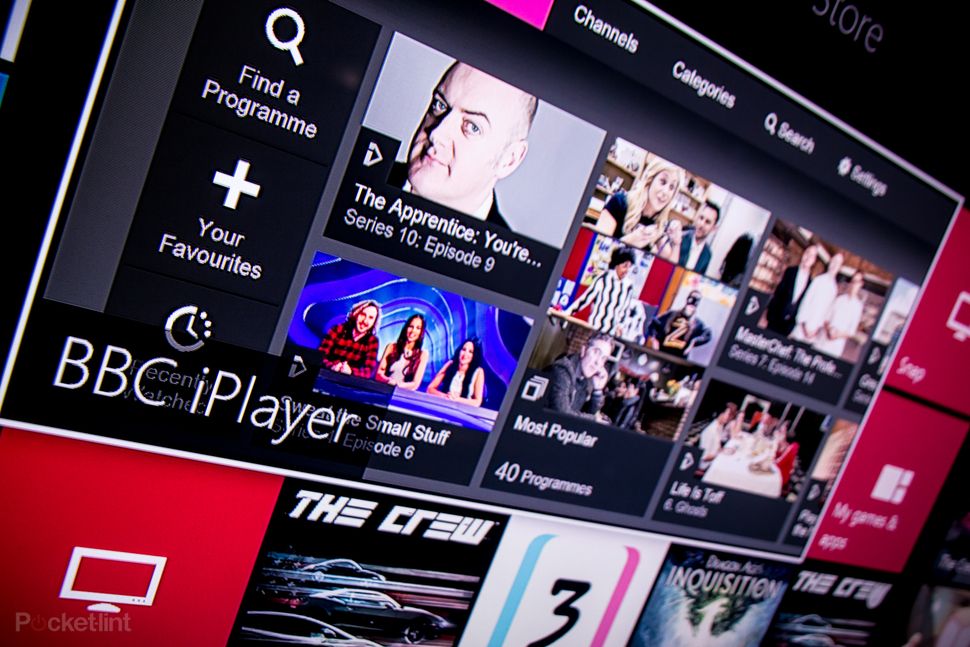The BBC is proposing a new, standalone version of the iPlayer on-demand service, as part of its wide-ranging plans to overhaul the BBC over the next decade. The new service will be called iPlay and specifically aimed at children.
BBC director general Tony Hall on Monday announced his 10-year plan for Britain's pubcaster, in which he reveals funding cuts will lead to the loss or reduction of some services. Although Hall didn't name them, he confirmed the BBC will cut 20 per cent of costs over the five years through savings.
“The BBC must modernise to preserve and enhance what is best about public service broadcasting to ensure we continue to have a BBC that is British, bold and creative. A better BBC, for everyone,” explained Hall. "These proposals will not create a bigger BBC, but will create a better, more distinctive one."
The BBC wants a children's-only iPlay because it'll serve as a “single front-door” for children to access BBC programming and digital content. It will feature not just TV shows, but also blogs, podcasts, games, and educational tools. The idea is that children will use it to safely access content that "matures with them".
Along with BBC Four, the pubcaster's current crop of children’s channels, CBeebies and CBBC, has been the subject of potential closure rumours for some time. In a charter review document published on Monday, the BBC fueled those rumours by noting some services will not be needed in future.
"Streaming news may replace rolling news," stated the BBC in its document. "Children may prefer iPlay to scheduled television. The Ideas Service might mean we no longer need BBC Four" - though BBC later stated it is "too early" to be specific about the service changes that it will need to make.
The corporation is a well-known creator of original TV content for kids, and so with iPlay, it would be able to continue developing that content as well as have new ways to deliver children's programming across more platforms.
Hall stressed that his plan would be funded by scaling back existing BBC operations and will not require any additional licence fee funding.

